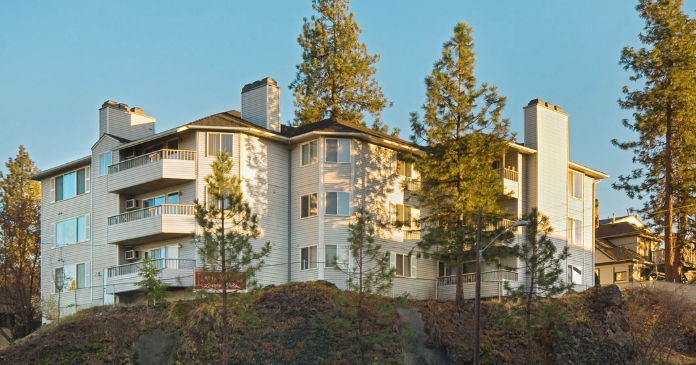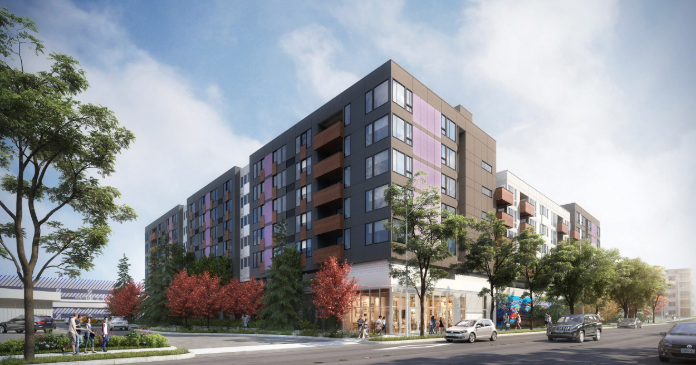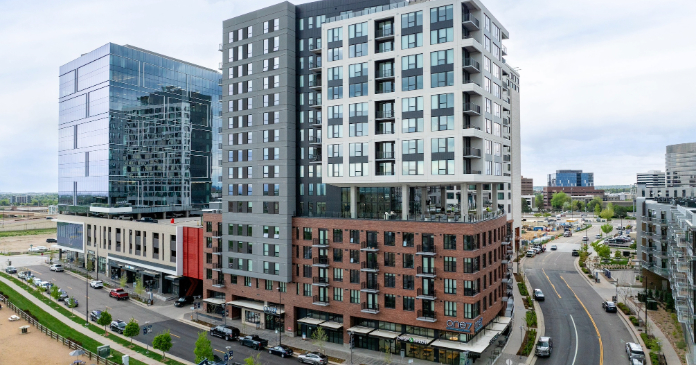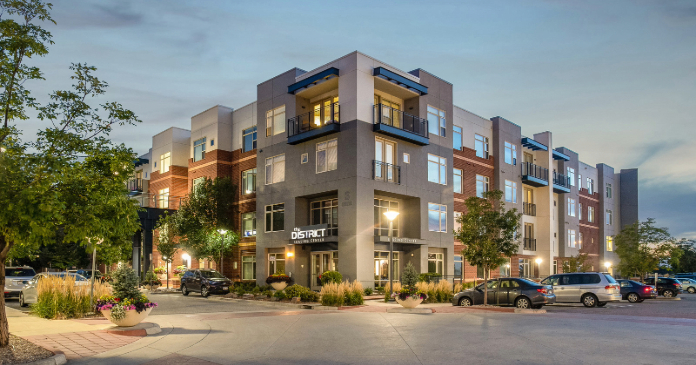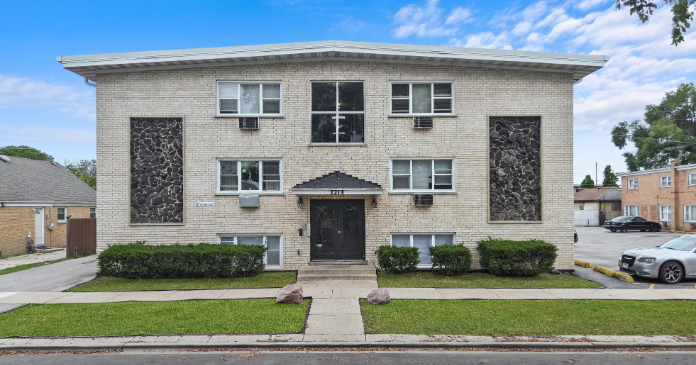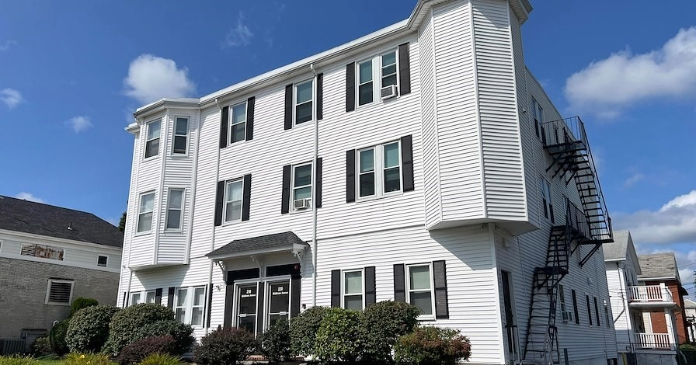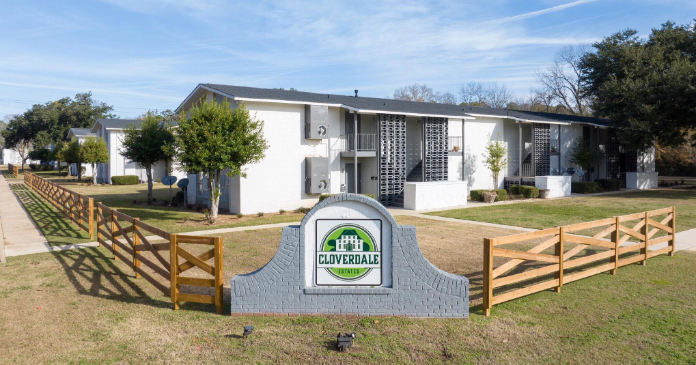The quest for savings at multifamily properties kicked up a notch at June’s National Apartment Association’s Apartmentalize conference in Philadelphia.
Managing expectations: maintenance
Maintenance, an essential and rapidly growing cost center that is nonetheless crucial to retaining residents who have a plethora of rental options.
“We’re looking at cost savings and it starts with maintenance,” Darrell Johnson, group facilities manager at Solidago Residential Services, said in an early morning session. “Trying to elevate training and hiring the right people with the right attitudes. We keep them happy to keep our residents happy and that will save us money on the back end.”
Ian Mattingly, president at Luma Corporation, notes a premier maintenance department tends to pay for itself through increased rents and savings on insurance premiums.
“We tend to overstaff compared to our competitors,” he said. “The rationale is obviously reducing turn times. Having the people and resources available has allowed us to outperform competitors on rents.”
In a recent analysis, Mattingly found a Luma property was earning 20 percent more on a sq. ft. basis than a nearby competitor, even though Luma’s property had several disadvantages, including its age.
“The difference was higher tenant loyalty scores from our tenant satisfaction operation” that includes incentivizing bonuses for maintenance teams that perform well, he said.
Mattingly said to expect further changes in maintenance operations, such as the implementation of tech-based analyses of buildings systems—from HVAC to plumbing—to determine potential issues and matching onsite teams with property needs.
“We’ve moved from a model where we have generalists, which meant you had a little knowledge about a lot of things but are not an expert toward specialization,” he said.
Operations help close deals
For those looking to make acquisitions over the next 12 to 24 months, nothing kills a deal quicker than poor property management, according to Kevin Dillon, senior managing director of real estate at Berkadia.
“Operating a property is mandatory, you have to have good operations in place,” he said. “After you buy a deal, it doesn’t operate itself and you have to do it on a daily basis…it increases or decreases value in no time.”
In a capital markets update, Dillon reaffirmed there are many investors looking for distressed acquisitions, but lenders continue to extend terms as they are unwilling to give in to those offers. Dillon advised those in a buying mode to look at areas in the Midwest, an area that’s been overlooked in recent years by both developers and buyers.
“Projected rent growth over the next five years is best in the Midwest,” Dillon said, “which has a limited supply of new construction, but a shortage of houses overall verses the Sun Belt.”
When deciding on the right deal, Ryan Froerer, a fourth-generation real estate executive at Rascom Real Estate Management, encouraged investors to look beyond cash flow.
“Cash flow is a factor but not the top,” he said. “We’re looking at rentability and location where I can see good appreciation. In those kinds of markets, it’s easy to find good, qualified tenants as well.”
Concession offerings hit new high
The slowdown in rent growth has meant property managers across the country are fighting to compete for prospective renters, pushing concession offerings to a level not seen since the early months of the pandemic.
From weeks—or even months—of free rent to boosted amenities and services, a greater share of multifamily properties in saturated markets such as Miami, Denver and Nashville are trying to lure prospective tenants and better compete with neighboring properties. In the process, some management firm executives said, those concessions have meant many leasing agents are leaning too heavily on the perks rather than putting in the extra work to land a deal.
Some property managers and staff members said that after years of healthy occupancy and rent growth, the industry has fallen behind in properly training leasing associates to fight for each deal, instead leaning too heavily on concessions in order to get potential renters through the door.
“It matters what the market is, but a lot of properties are marketing free weeks or months of rent,” Haven Residential Training Manager Ronald Harrington said. “What’s that doing to the value for our renters? We started offering concessions but blew up training in the process. We focused too much on boosting occupancy and revenue now, but concessions are now the expectation.”
The share of apartments offering concessions has climbed to a 35-month high of more than 13.5 percent compared to this time last year, according to data from the National Apartment Association.
“Renters are now trained to look for those concessions, and new research is showing that they’re shopping around for the best offerings,” Harrington said. “We have to get better on training people throughout the leasing process rather than focus on how much money it will take to get people to move in.”









